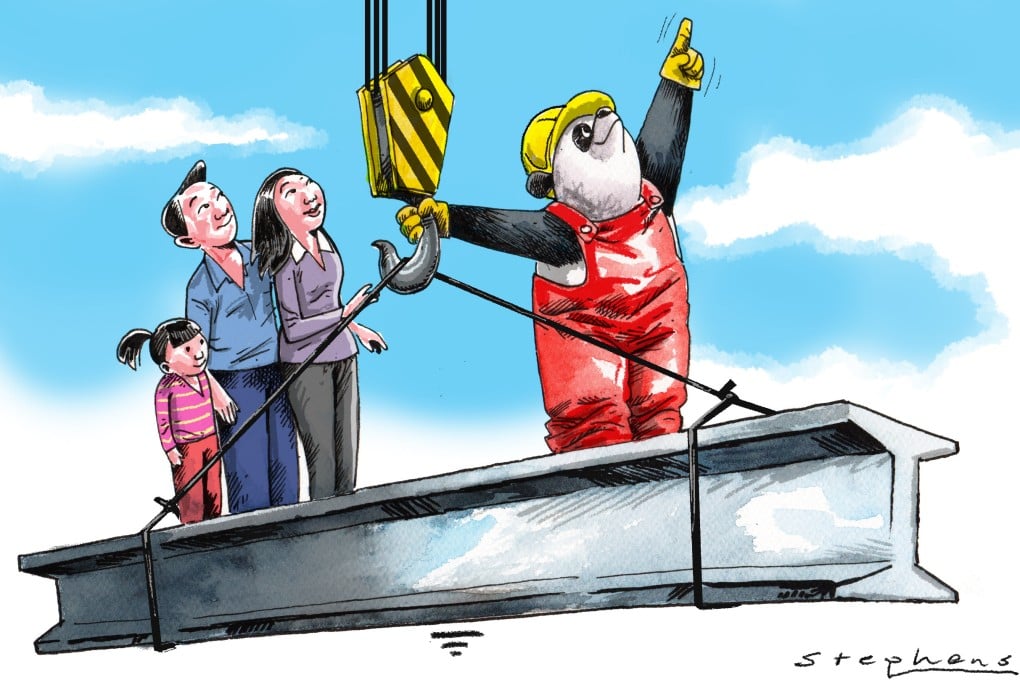Opinion | China’s age of construction is far from over, given the need for infrastructure to improve quality of life and revive the economy
- While infrastructure investments once centred on the export economy, a shift to improving lifestyles can boost consumption and help Beijing achieve its dual circulation goal
- There is still a huge need for less-crowded housing and classrooms, new water supply systems and decarbonisation technology

May brought sobering news for China’s economy. Investment spending represents close to half of China’s GDP, and is elevated by the real estate sector, which some scholars suggest drives nearly a third of economic activity.
But those who say China’s age of construction is over should consider the country’s still-vast need for new infrastructure. A few choice capital investments can help rebalance the economy away from investment spending in the long term, towards the goal of consumer-powered “internal circulation”.
Overreliance on exports and investment spending brings risks. Ploughing resources into construction, while normal consumers have little money to spend, is likely to lead to wasteful investments.
Depending on exports means relying on gains in purchasing power in China’s main export markets, like the US. At some point, China will feel pressure to pivot to relying on an active consumer economy to generate demand and propel new growth.
.jpg?itok=BXM5b12J&v=1654387985)